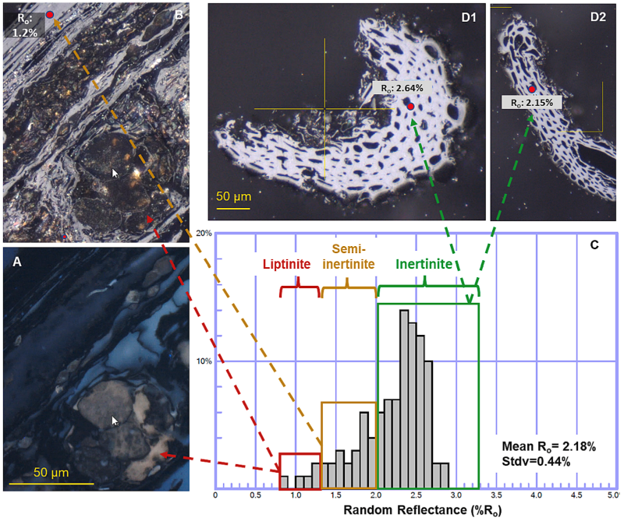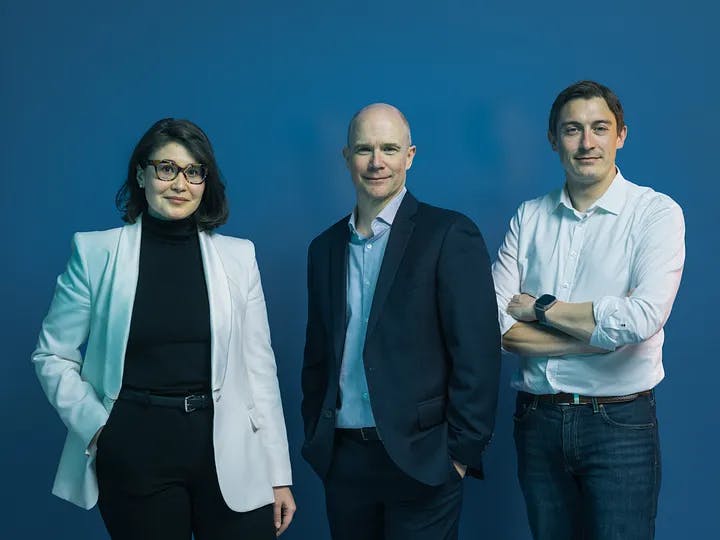Carbo Culture Wins SPRIND Carbon-to-Value Challenge with Conductive, Carbon-Negative Concrete
On October 11th in Leipzig, Germany, Carbo Culture was announced as one of the winners of the Carbon-to-Value challenge, hosted by SPRIND. The challenge brought together innovative solutions to transform carbon emissions into valuable products. Chancellor of Germany, Olaf Scholz addressed the attendees, highlighting the SPRIND teams as representing the future of innovation in Europe. Carbo Culture’s novel conductive and carbon-negative concrete solution stood out among the winners.

SPRIND, the German Federal Agency for Disruptive Innovation plays a vital role in catalyzing innovative technologies across Europe. Through its challenge program and project investment branch, SPRIND provides the funding to develop solutions for the world’s most challenging problems.
Two and a half years ago, Carbo Culture entered the Carbon-to-Value challenge. The mission is to remove large quantities of CO2 from the atmosphere and bind them, economically, in products.
The production and use of cement create approximately 8% of the world’s CO2 emissions. However, due to urbanisation, the need for concrete is only increasing. This means the construction sector urgently needs to decarbonize and look for ways to reduce emissions and compensate for those hard-to-abate residuals.
Concrete with Biographite® Technology: Strength, Conductivity, and Decarbonization
With help from SPRIND, Carbo Culture has developed a solution to replace portions of the cement and aggregate of concrete with high-carbon Biographite® materials. The Carbo Culture team created a carbon-negative solution that enhances the mechanical strength of the end product.

Additionally, by utilizing the unique conductive properties of Biographite® carbon, Carbo Culture developed concrete that can be heated or dissipate electricity. These functionalities open the door to higher-value applications. Moreover, these applications can replace fossil-based materials like carbon fibre or calcined petroleum coke.
Carbo Culture CTO, Chris Carstens emphasises the key message of the project: “It is possible today for cement and concrete companies to decarbonize. The only thing left is to commit to a sustainable future and scale as quickly as possible.”
We would like to thank the entire SPRIND team for their support throughout the challenge. Their confidence in our work has made this innovation a reality.



